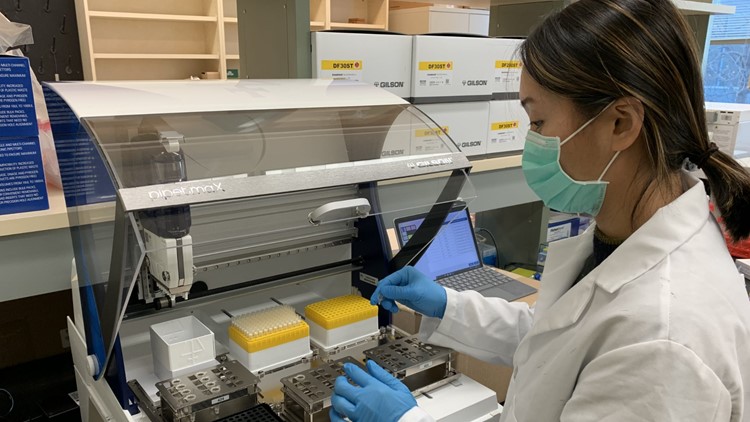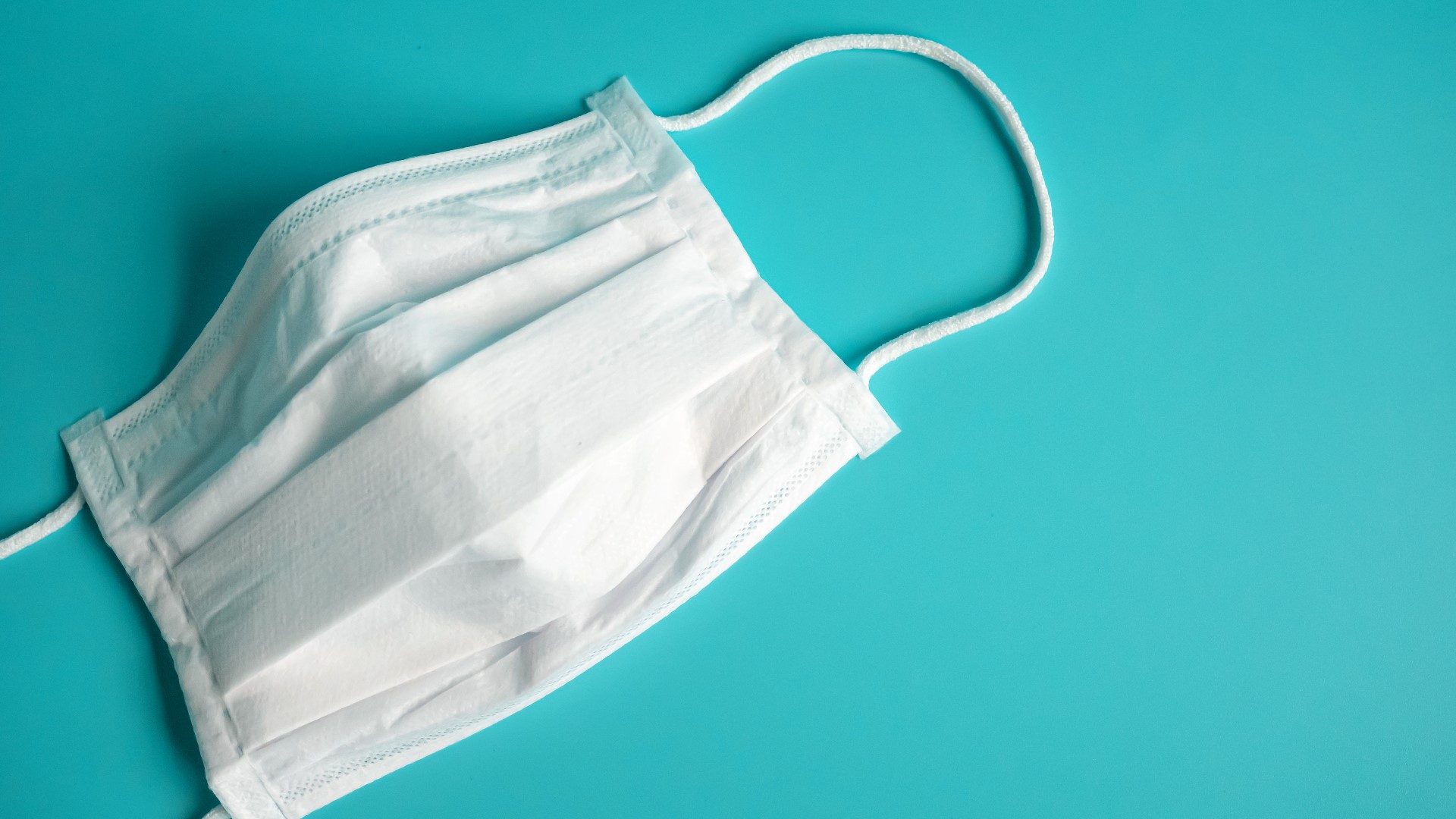COLUMBIA, Mo. — Last summer, the University of Missouri partnered with the state to monitor sewage for COVID-19. Now, a two-year, $4 million grant from the National Institutes of Health will help them continue their work and better understand what they find.
The grant will allow Mizzou researchers to continue their research that will focus on figuring out how differing levels of SARS-CoV-2 can appear in a community’s wastewater. They will try to determine how much COVID-19 RNA an individual can contribute to a community's wastewater and what kind of environmental factors contribute to it being found.
“In addition to measuring for the presence of the virus, we will now be able to start making sense of the numbers and expand the types of questions we can ask about the results,” Marc Johnson, a professor in the Department of Molecular Microbiology and Immunology, said in a press release.
Johnson said the continued analysis will also be able to determine the presence of COVID-19 variants. He said this will likely reveal additional variants.
“We know the virus can evolve around our immune response, so I’m sure we are going to see more variants appear than what is currently out there now,” Johnson said.
The Missouri Department of Health and Senior Services sends Johnson between four and 50 boxes of wastewater samples from different wastewater treatment facilities across the state, a press release from the university said.
A team in Johnson’s lab extracts the genetic material of COVID-19 from the samples. He then stores the samples at minus-80 degrees Fahrenheit before a second Mizzou lab can take over the rest of the analysis. Once the second lab receives the samples, Chung-Ho Lin — a research associate professor and lead scientist in the bioremediation program — runs the RNA through a machine called qPCR, which amplifies the RNA to allow scientists to study it in greater detail.
The grant funds are shared by Mizzou researchers and the Missouri Department of Health and Senior Services. The research in Missouri is one of 49 research projects at 43 institutions across the country.



